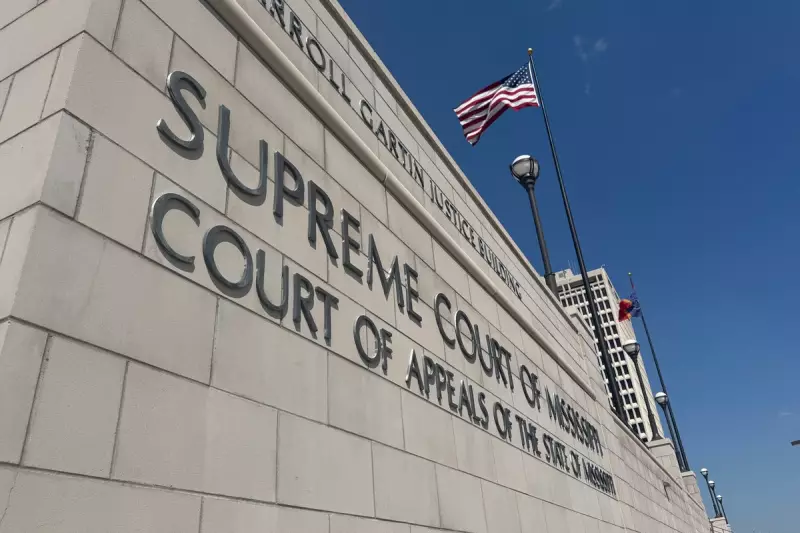
The city of Jackson, Mississippi is grappling with a catastrophic public health emergency as its ageing water infrastructure has completely collapsed, leaving approximately 150,000 residents without access to safe drinking water.
Systemic Failure Creates Humanitarian Crisis
For weeks, Jackson's water system has been producing brown, sediment-filled water that is completely undrinkable. The crisis has forced schools and businesses to close, while hospitals struggle to maintain basic sanitation standards. Residents are facing impossible choices between risking waterborne illnesses or spending limited incomes on expensive bottled water.
ACLU Takes Federal Action
The American Civil Liberties Union has filed a groundbreaking federal lawsuit against city and state officials, alleging gross negligence and civil rights violations. The lawsuit argues that the chronic underfunding of Jackson's infrastructure disproportionately affects the city's predominantly Black population.
Historical Neglect and Racial Inequity
Legal experts note that Jackson's water crisis represents a stark example of environmental racism. The city, which is over 80% Black, has suffered from decades of infrastructure neglect and inadequate funding from state lawmakers. This systematic disinvestment has created what advocates call a "separate and unequal" water system.
Immediate Relief Efforts Fall Short
While state officials have distributed some bottled water and implemented temporary repair measures, these efforts have proven woefully inadequate. The crisis has exposed the fragile nature of America's water infrastructure and raised serious questions about environmental justice across the nation.
National Implications
This disaster in Mississippi's capital city serves as a warning sign for other communities facing similar infrastructure challenges. The outcome of the ACLU's lawsuit could set important precedents for how governments address water equity and environmental justice issues nationwide.





